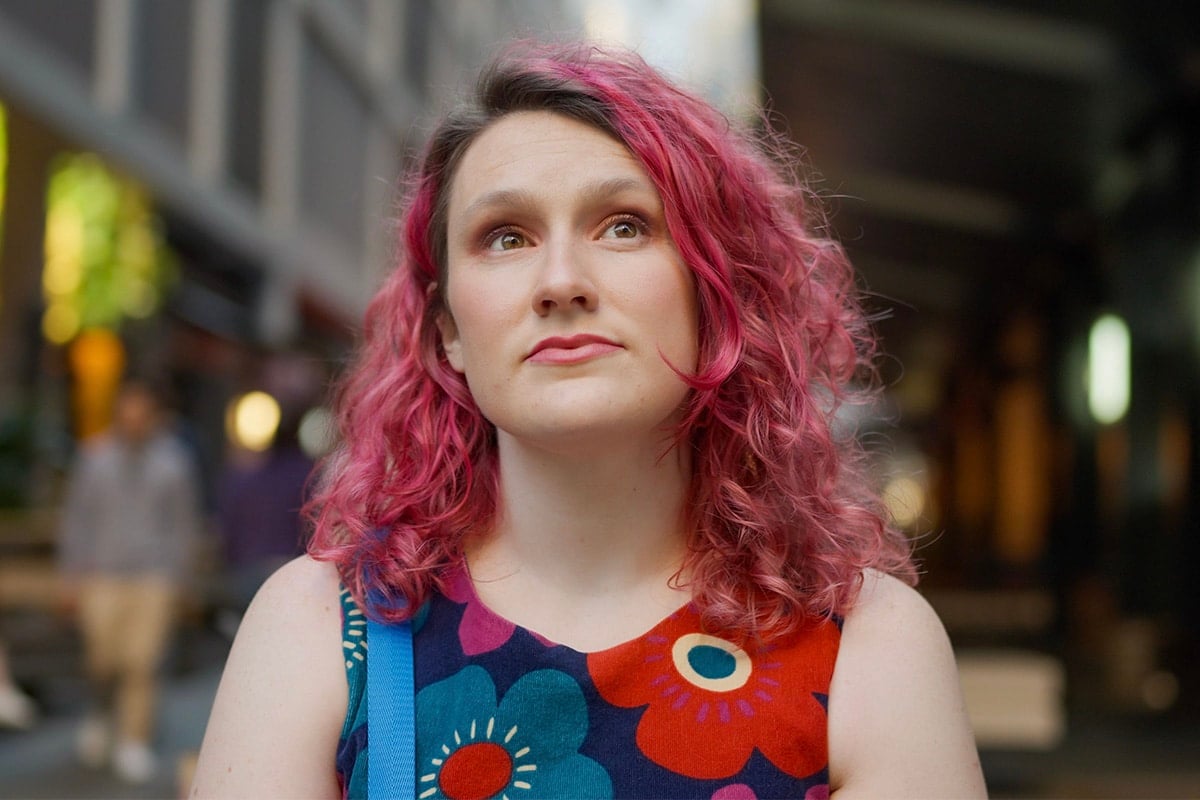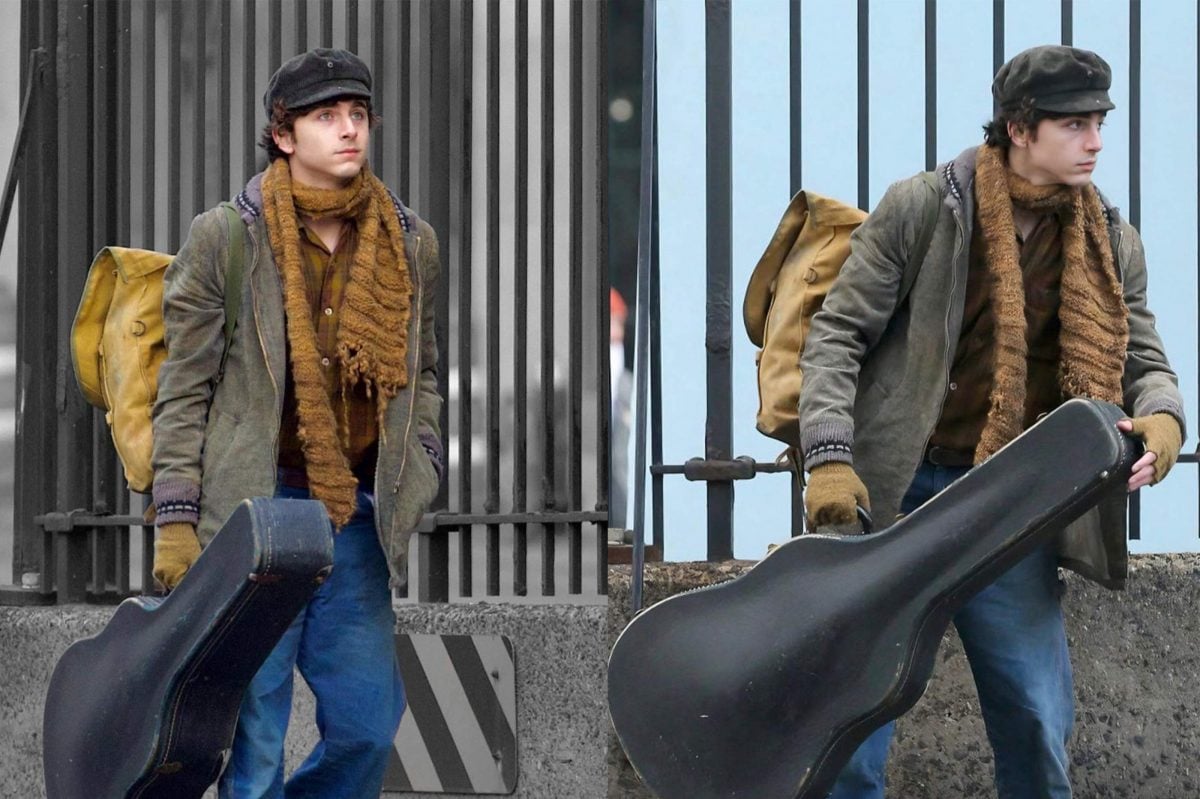
"Why did I start dancing with him? Why did I leave my friend?" says Saxon Mullins in the trailer for Jess Hill's latest TV series Asking For It. These are the kind of probing questions often levelled at the survivor and advocate, but as Mullins points out, it's always "questions about why I did everything I did, and no questions about why he did everything he did".
Mullins is referring to the five-year-long court battle in which the man she accused of sexual assault was acquitted after Judge Tupman found the prosecution had failed to establish "reasonable grounds for believing the complainant was not consenting". In the five years since the verdict, Saxon Mullins has dedicated herself to fighting for law reform and, with the help of figures such as Grace Tame, Noelle Martin and Chanel Contos, the 28-year-old is responsible for spearheading Australia's reckoning with consent.
Using the stories of Saxon Mullins and other survivors and advocates to start the conversation, journalist Jess Hill interrogates the epidemic of sexual violence affecting millions of Australians through the lens of consent in her new three-part SBS series Asking For It. Where Hill's previous book and docuseries, See What You Made Me Do tackled the nation's harrowing problem with domestic abuse, Asking For It deep dives into consent education, the legal system and law reform like the Affirmative Consent Bill, ultimately questioning how we, as a country, can replace rape culture with consent culture.
Ahead of the release of Asking For It on SBS on April 20, RUSSH spoke with Saxon Mullins to discuss her involvement in the series and what progress she would like to see in the area of consent in 2023. Find our conversation, below.

What do you think people still get wrong about consent?
Consent is often viewed as a checkbox, a hurdle one must overcome to be able to have sex with somebody. It’s such a reductive way to view consent, and indeed relationships. Consent is an ongoing conversation. It’s about checking in with your partner and making sure that everyone is having a good time. Consent is also often divorced from the discussion around relationships and sexuality education; we can’t just teach people consent, we need to teach them about healthy relationships and body autonomy. All of these things work together in ensuring people have positive sexual experiences.
Tell me about your involvement with Asking For It?
I was approached by the producers of Asking For It while they were still in the planning stages. They really wanted to get a feel for what the landscape in Australia looked like and what people were talking about. I could tell this team really wanted to tell this important story well, that made me really want to be involved.
As an advocate and survivor, how do you fortify yourself to continue to be able to do this work?
It’s a really tough question, mostly I don’t to be honest! I try to take breaks when I can and say no to things that don’t serve this work, but it’s definitely something I’m still working on. One of the most important things for me is surrounding myself with people who also care and understand, it feels less like I’m shouting into the void!
Can you talk me through your work for RASARA? What does a typical day look like for you and what are you currently working on?
RASARA is a labour of love for everyone who’s involved in it. We all have jobs outside of RASARA so we try to meet as much as possible and ensure we’re getting our message out there. We’re currently focused on law reform around affirmative consent, trying to ensure that states are using best practice legislation and not just looking over each other's shoulders. We’re trying to drive home the message of not just consent education but wholistic relationships and sexuality education. Our ultimate goal is, of course, lowering rates of sexual violence in Australia as much as possible and we’re trying to come at that from all fronts.
What progress would you like to see in the area of consent in 2023?
I hope people gain a deeper understanding of consent, not just as a box ticking exercise but a genuine conversation. I hope we continue to listen to survivors, particularly those from diverse backgrounds, those in aged care, Indigenous survivors, people in our community who are most vulnerable but oftentimes most scrutinised. I hope to work myself out of a job.
Are there any pieces of legislation or upcoming decision-making that we should pay attention to?
The senate inquiry into consent will definitely be one to watch, who makes submission and the very loud silence from other organisations. We should always be paying attention to our politicians, making sure that they aren’t continuing to let the problem of sexual violence in Australia be swept under the rug.



